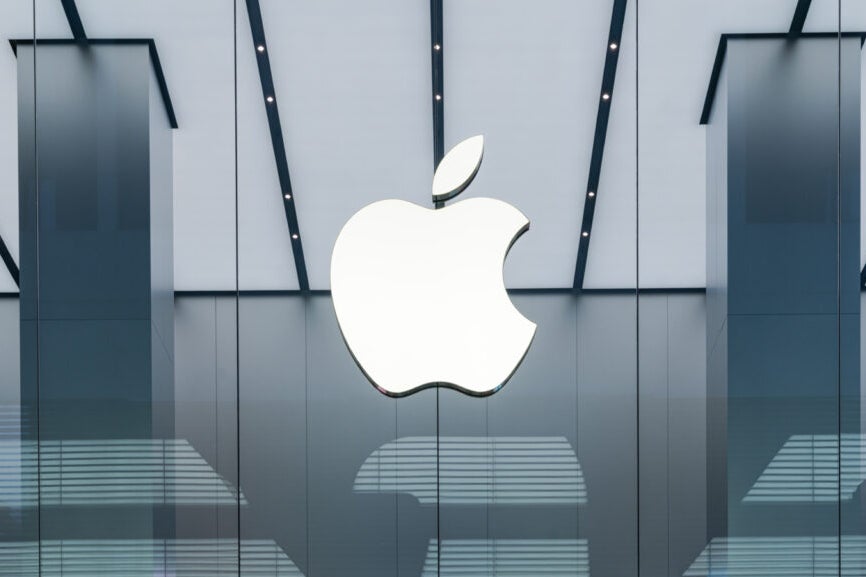Apple, Inc. AAPL continues to splurge on a project that may not generate returns that commensurate with the investment in the near term, Bloomberg’s Mark Gurman said on Sunday.
Long-Term Focus: Apple is playing a long game with its efforts to build an in-house cellular modem, which is a key component of the iPhone, Apple Watch and other devices, said Gurman in the latest edition of the weekly Power On newsletter. Instead of looking at a major payoff at the outset, the company is hoping its modem will evolve into a more “advanced component” that could ultimately change the way an iPhone looks and works, he said.
Apple has been sourcing the modem chips from Qualcomm, Inc. QCOM for more than a decade now. It is the most important component of the iPhone after the main processor and it is difficult to make, Gurman said.
The Apple specialist is of the view that it is tough to replace Qualcomm’s modem chips as they are already state-of-the-art and that they have been “battle-tested by phone carriers around the world, making them highly reliable.” Johny Srouji, who runs the hardware team at Apple, said in a CNBC interview that it’s unlikely that any upgrades Apple makes to the part will result in a better experience for users and that developing a modem was “extremely difficult to do.”
See Also: Everything You Need to Know About Apple Stock
Fallout & Patchup: Apple decided to take up modem chip manufacturing in 2018 when it faced a legal battle with Qualcomm over royalties and patents. The two parties reached a settlement a year later, agreeing to dismiss all litigation between the two companies worldwide.
Apple agreed to make a payment to Qualcomm and the two also signed a six-year license agreement, effective as of April 1, 2019, including a two-year option to extend, and a multiyear chipset supply agreement.
Apple Persists: Despite the pushbacks, Apple is pushing ahead, said Gurman, adding that the company has earmarked “billions of dollars, thousands of engineers and millions of working hours to a project that won’t really improve its devices — at least at the outset.”
Some Apple insiders are resigned to the fact that customers don’t care about whether the modem used in their phones are made in-house or outsourced. Taking modem manufacturing in-house could help make the marketing pitch that most important iPhone components are made in-house but user experience won’t noticeably change, said Gurman.
Also Gurman noted that Apple’s modem project suffered numerous setbacks over the past few years. These include issues with performance and overheating and delay in launch time at least until next year, he said. The columnist said Apple extending the supplier agreement with Qualcomm through March 2027 is due to its plan for a gradual rollout of the in-house modem chips, starting with niche models.
One of the reasons for moving to an in-house modem is to save money, given Apple has argued that Qualcomm charges too much for it, Gurman said. Even after the move, Apple may still have to cough up some amount as royalties to Qualcomm, he added.
Long term, Apple could be benefited, as the tech giant plans to fold its modem design into “a new wireless chip that handles Wi-Fi and Bluetooth access,” Gurman said. “That would create a single connectivity component, potentially improving reliability and battery life.” He also sees the possibility of Apple one day combiningg all of this into the device’s main system on a chip, or SoC.
This, according to Gurman, could further cut costs and save space inside the iPhone, allowing for more design choices.
“The best-case scenario is that it all goes smoothly, and most customers aren’t even aware of the switch. But the project’s real worth won’t be tested until years later — when, Apple hopes, it sets the stage for a better iPhone,” he said.
Apple ended Friday’s session up 0.59% to $226.05, according to Benzinga Pro data.
Check out more of Benzinga’s Consumer Tech coverage by following this link.
Read Next:
Market News and Data brought to you by Benzinga APIs
© 2024 Benzinga.com. Benzinga does not provide investment advice. All rights reserved.











